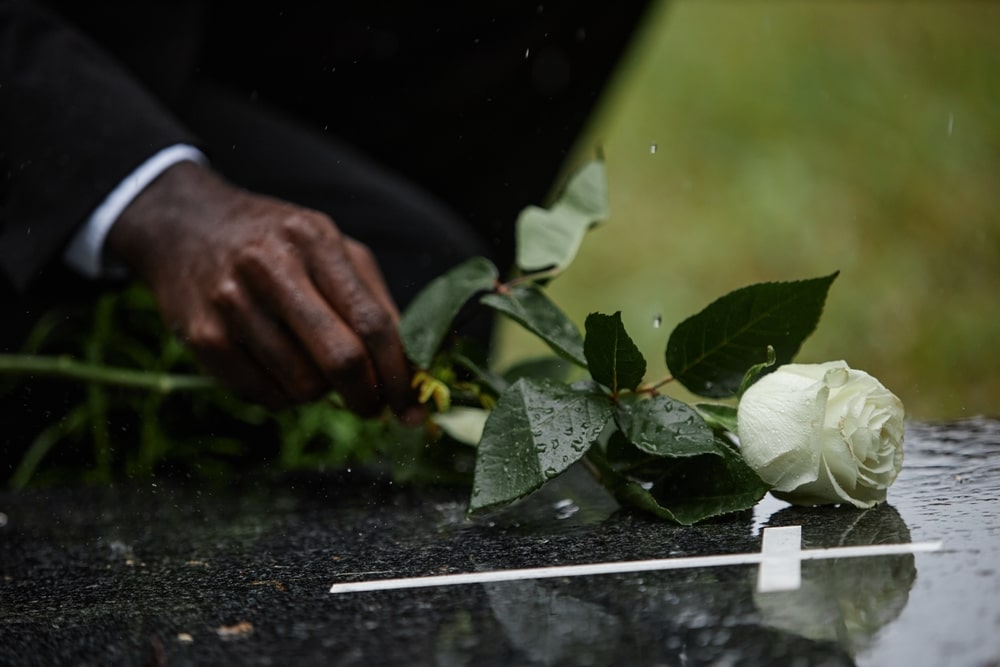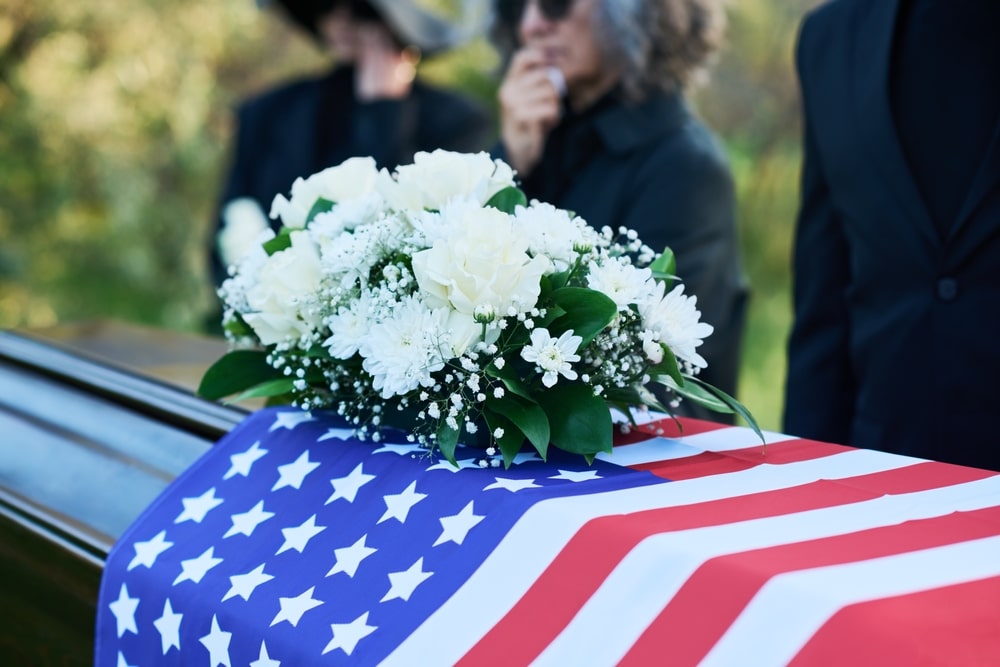Across all businesses and industries, prices are going up. Gas prices, groceries, housing, transportation, manufacturing, and yes, even funeral costs. According to the National Funeral Directors Association, in 2021, the average cost of a funeral with a viewing and burial was $7,848 while the average cost of a funeral with cremation was around $6,971. In the coming years, these numbers will continue to increase, so the question is…is there a way to save money on a funeral?
Perhaps the most effective way to save money is to plan ahead for your funeral wishes. This is called “advance funeral planning” or “preplanning.” But before we talk about why preplanning is the best option, let’s discuss a few other avenues to consider when trying to save money on funeral expenses.
1. Choose a Preferred Funeral Home Partner

Funeral services and merchandise prices vary greatly even within the same general vicinity. Every funeral home is required by the Federal Trade Commission (FTC) Funeral Rule to present you with a complete price list upon request that is yours to keep. They must also give you price information over the phone if you ask for it. Do a little investigating before deciding on your funeral home of choice to find the right fit for you.
Some funeral homes offer package pricing, but make sure you understand what’s included in the package and what’s not. Also, consider the quality of the facilities and the staff when making a decision. The adage “You get what you pay for” is very true when choosing a funeral provider. Sometimes, spending a little more to receive better service, quality products, and attentive staff may be worth it.
2. Look into Veterans’ Burial Benefits

If you or your spouse is a veteran, you can save money on a funeral by applying for veterans’ burial benefits. If you meet the VA’s requirements, you (and your spouse) may be eligible to receive a free burial space at a state or national cemetery, a burial vault or grave liner, opening and closing of the grave, and a government-furnished headstone. These benefits can save you thousands of dollars in burial costs. To learn more, you can speak with a local funeral director or go directly to the Department of Veterans Affairs and speak with a Veteran Services Officer. You can also learn more by reading Veterans’ Burial Benefits FAQ.
3. Select Options that Fit into Your Budget

When you’re planning a funeral or memorial service, the funeral director is there to discuss your options and guide you through the planning process. But every decision is up to you. And if you are concerned about the cost, let your funeral director know. They will work closely with you to offer affordable options that meet your needs and fit your budget.
In general, cremation may save you the cost of a casket, full burial space, opening and closing of the grave, and a vault. However, you may still opt for a lower-cost cremation niche or burial in a cremation garden so that loved ones have a permanent memorial to visit after the death.
Another option that can offer some savings is a natural (or green) burial. Green burial options are not only easier on the environment, but they can also be easier on your wallet. Generally, green burial involves a biodegradable casket made of wood, bamboo, or wicker, no burial vault, and minimal or no embalming. However, green burial is not available everywhere, so ask your funeral director about the availability in your area.

Keep in Mind, Sometimes Cutting Corners May Not Pay Off
Many families think that opting for a cremation with no service is their best option for saving money. It’s true that a direct cremation is probably the least expensive option, but you should also consider the emotional cost of not having a funeral or memorial service.
Nationally respected grief expert Dr. Alan D. Wolfelt believes that the funeral or memorial service is an essential part of the healing process. The funeral is a rite of passage, like a graduation or wedding ceremony. Skipping a loved one’s funeral or memorial ceremony can leave the bereaved feeling isolated and frustrated by unexpressed grief. If you are leaning toward cremation, be sure to allow an opportunity for friends and family to gather together. The experience will be a meaningful time of reflection and mutual support.
To learn more, take a moment to read Cremation and the Importance of Ceremony.
4. Do Some Things Yourself

There may be certain aspects of the funeral arrangements that you can do yourself or ask your social network to help you with.
For example, you may ask family members to bring potluck dishes to save on the cost of a caterer. If you want a tribute video, you may know someone who is good with video editing who can assist you. You could design and print your own programs. And if you want, you can even purchase a casket or urn online. Remember, anything you do on your own must be coordinated with the funeral home to ensure the best possible experience.
While you may want to do some things yourself, the funeral home staff is there to alleviate any or all of these burdens for you. Remember, your time is valuable, too.
5. Plan Ahead for Your Funeral Wishes

Finally, the best thing you can do to save money on funeral expenses is to plan ahead. If you are dealing with a death right now, this advice comes a little too late, but keep it in mind for the future. Once you’ve chosen your preferred funeral provider, ask to speak with a prearrangement specialist. Most funeral homes offer free advance funeral planning services, so take advantage of this opportunity to understand your options.
When planning ahead, it is much easier to stick to a budget and choose only the options you know you want. Planning ahead also prevents your family from paying for options you do not want! For everyone involved, it helps to make decisions with a cool, calm, and collected head rather than in a time of grief. On top of that, you can sign up for a prepaid funeral insurance policy, which can grow over the years and cover the cost of inflation.

To learn more about advance funeral planning and prepaid funeral insurance policies, check out these resources:
- What is Advance Funeral Planning?
- 10 Reasons to Plan Ahead
- What to Expect at a Preplanning Appointment
- 6 Ways Your Can Save Money with Funeral Preplanning & Prefunding
- Understanding Prepaid Funeral Insurance Policies
- 3 Funeral Insurance Options You Should Know About
As you can see, there are several different ways to save when planning a funeral. If you are planning a funeral or have a loved one who may pass away soon, be open with your funeral director about your financial situation. The vast majority of funeral directors deeply care about your needs and situation and will help you identify the options that work best for you. And if you aren’t currently planning a funeral, consider doing a little advance preparation. By doing so, you not only save money, but you also protect your family from future stress and worry.




